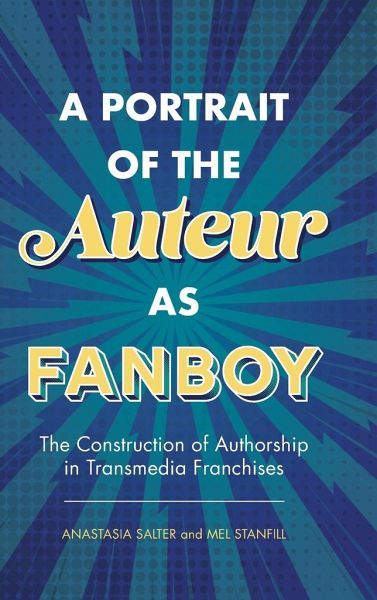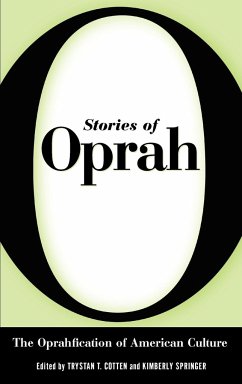
Portrait of the Auteur as Fanboy
The Construction of Authorship in Transmedia Franchises
Versandkostenfrei!
Versandfertig in 1-2 Wochen
112,99 €
inkl. MwSt.
Weitere Ausgaben:

PAYBACK Punkte
56 °P sammeln!
Increasingly over the past decade, fan credentials on the part of writers, directors, and producers have come to be seen as a guarantee of quality media making--the "fanboy auteur." Figures like Joss Whedon are both one of "us" and one of "them." This is a strategy of marketing and branding--it is a claim from the auteur himself or industry PR machines that the presence of an auteur who is also a fan means the product is worth consuming. Such claims that fan credentials guarantee quality are often contested, with fans and critics alike rejecting various auteur figures as the true leader of the...
Increasingly over the past decade, fan credentials on the part of writers, directors, and producers have come to be seen as a guarantee of quality media making--the "fanboy auteur." Figures like Joss Whedon are both one of "us" and one of "them." This is a strategy of marketing and branding--it is a claim from the auteur himself or industry PR machines that the presence of an auteur who is also a fan means the product is worth consuming. Such claims that fan credentials guarantee quality are often contested, with fans and critics alike rejecting various auteur figures as the true leader of their respective franchises. That split, between assertions of fan and auteur status and acceptance (or not) of that status, is key to unravelling the fan auteur. In A Portrait of the Auteur as Fanboy: The Construction of Authorship in Transmedia Franchises, authors Anastasia Salter and Mel Stanfill examine this phenomenon through a series of case studies featuring fanboys. The volume discusses both popular fanboys, such as J. J. Abrams, Kevin Smith, and Joss Whedon, as well as fangirls like J. K. Rowling, E L James, and Patty Jenkins, and dissects how the fanboy-fangirl auteur dichotomy is constructed and defended by popular media and fans in online spaces, and how this discourse has played in maintaining the exclusionary status quo of geek culture. This book is particularly timely given current discourse, including such incidents as the controversy surrounding Joss Whedon's so-called feminism, the publication of Harry Potter and the Cursed Child, and contestation over authorial voices in the DC cinematic universe, as well as broader conversations about toxic masculinity and sexual harassment in Hollywood.














